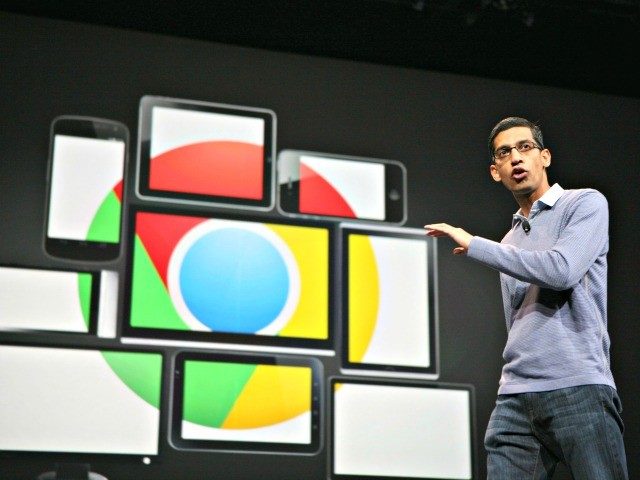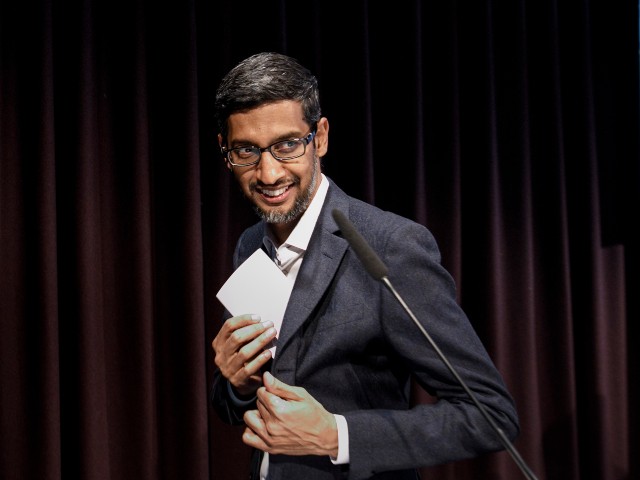The ongoing landmark antitrust trial against Google is shedding light on the internet giant’s relentless effort to dominate online search, revealing the company’s strategic maneuvers and exclusive deals with major partners like Apple and Samsung to secure its position as the default search engine on a global scale.
The Wall Street Journal reports that Google, the tech giant that facilitates approximately 90 percent of all online searches, has been under the microscope, thanks to the ongoing antitrust trial against the company. The Justice Department alleges that Google has maintained this position through illegal, restrictive agreements, providing a rare glimpse into the intricate web of partnerships and negotiations that have underpinned Google’s rise to prominence.
The trial has exposed how Google leveraged its advantage in conversations with Apple, a key partner, to ensure its search engine remained the default choice on most smartphones worldwide. Back in 2005, Google proposed a lucrative deal to Apple, offering a portion of advertising revenue to make its search engine the default choice on desktop computers. This move was pivotal, considering Google’s search engine supports an advertising business that raked in $162 billion last year, constituting a significant portion of the revenue at its parent company.
In an instance revealed at the trial, Apple, seeking to present users with several options for the default search engine, was met with a stern response from Google, stating, “No default—no revenue share.” This hardball tactic led Apple to abandon the idea, a decision that has not been revisited since, according to DOJ lead trial attorney Kenneth Dintzer.
The revelations extend beyond Apple, touching upon Google’s interactions with Samsung. The trial highlighted how Google influenced Samsung’s design tweaks related to default search engines, ensuring users found it challenging to switch away from Google’s search engine. When Samsung’s design modifications made it easier for users to change default search engines, Google, alleging a violation of their agreement, compelled Samsung to roll back the changes.
The trial also underscored the impact of Google’s default agreements on other search engine providers. Gabriel Weinberg, CEO of DuckDuckGo, testified that these agreements effectively blocked his company’s ability to gain market share, emphasizing the challenges faced by competitors in a landscape dominated by Google.
Read more at the Wall Street Journal here.
Lucas Nolan is a reporter for Breitbart News covering issues of free speech and online censorship.


COMMENTS
Please let us know if you're having issues with commenting.